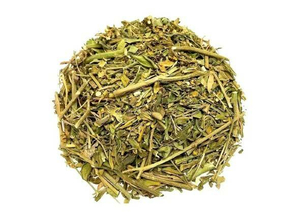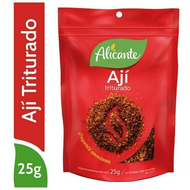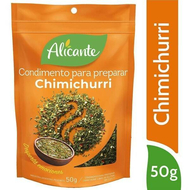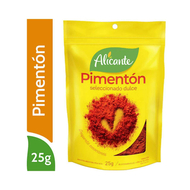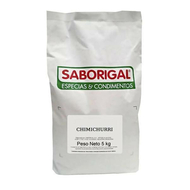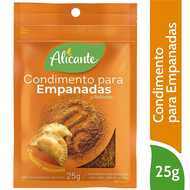General
Rue is a perennial type plant that has thick leaves, small flowers and fruits full of black seeds.
The branches with their leaves are used, about all, to calm abdominal cramps and eliminate intestinal parasites; as a stimulant of the flow menstrual in cases of painful, irregular rules and weak. Externally, it is used to calm rheumatic pains, cure scabies, psoriasis, eczema, conjunctivitis and as a natural treatment of pediculosis.
Rue grows on well-drained, clayey or sandy soils and in full sun. It multiplies by seeds and cuttings. The seeds are viable for 2-3 years and germinate in 17-26 days at a optimum temperature of 12-15°C; the initial development it's slow. Propagation by cuttings of stems older than one year is preferred, although they take root with a certain difficulty; requires organic and chemical nutrients and weed cleaning. Is harvested at the beginning of the flowering, making a cut 12-15 cm from the ground; it is dried in the shade in a well ventilated place or in dryers at no more than 35°C.
Ruta chalepensis, which is called the male Rue due to its larger size, can reach a meter high and has noticeably larger leaves.
Originally from the Mediterranean region, it is widely used for numerous conditions in folk medicine, among others, as an emmenagogue, abortifacient, antispasmodic, antirheumatic, for earache and digestive.
Ruta graveolens, native to southern Europe, considered by specialists to be a female Rue, is a perennial, glaucous, shrubby plant that can reach a height of between 50 and 60 cm.
It has aromatic leaves, composed of several leaflets, the elongated lateral ones and the oval or whitish terminal, of somewhat fleshy consistency.
Nenhum comentário encontrado
Complete your purchase on Pampa Global
We’ve simplified the checkout process! Orders are now completed through Pampa Global, our new platform that offers:
- Fast and secure checkout
- Extensive international catalog
- Competitive wholesale pricing

